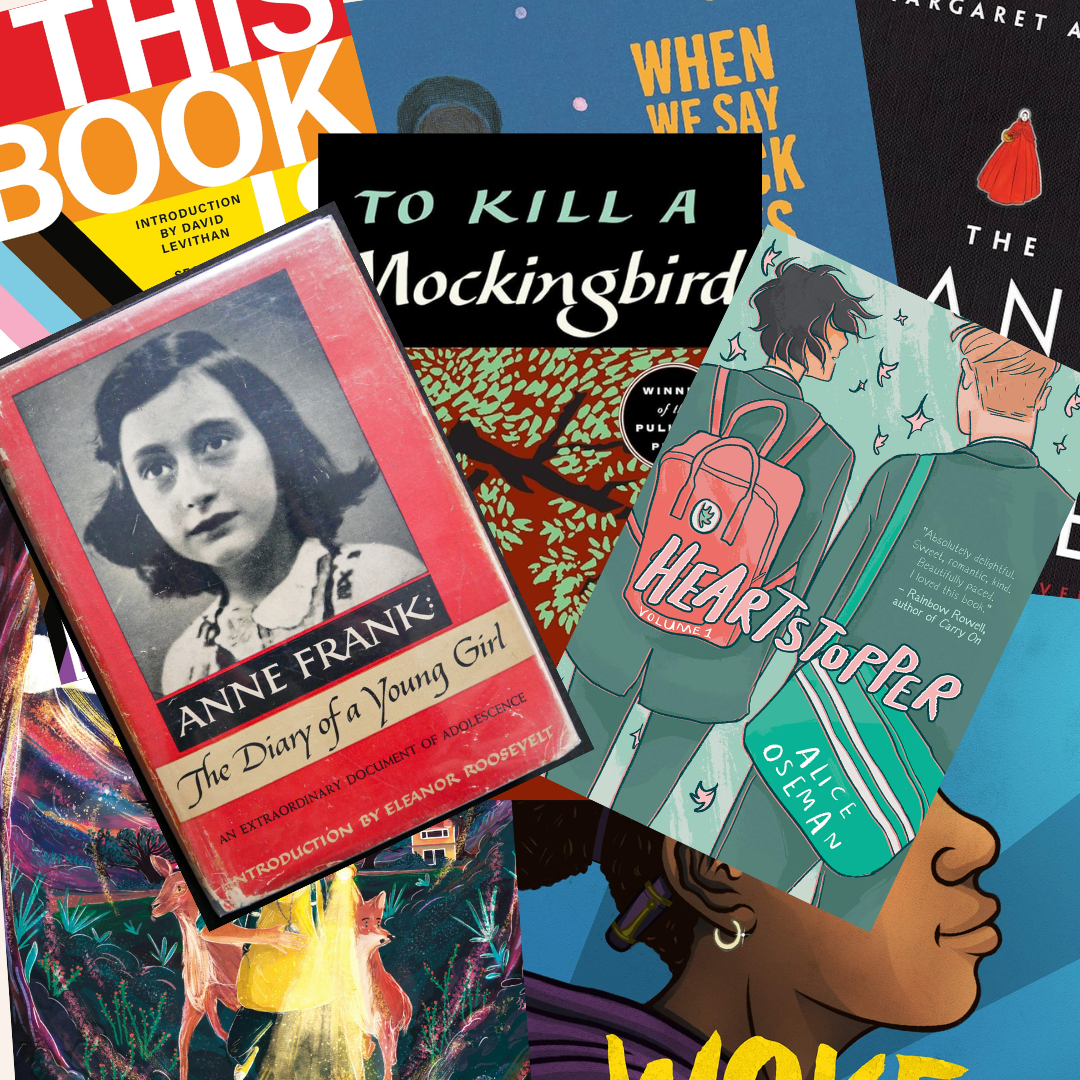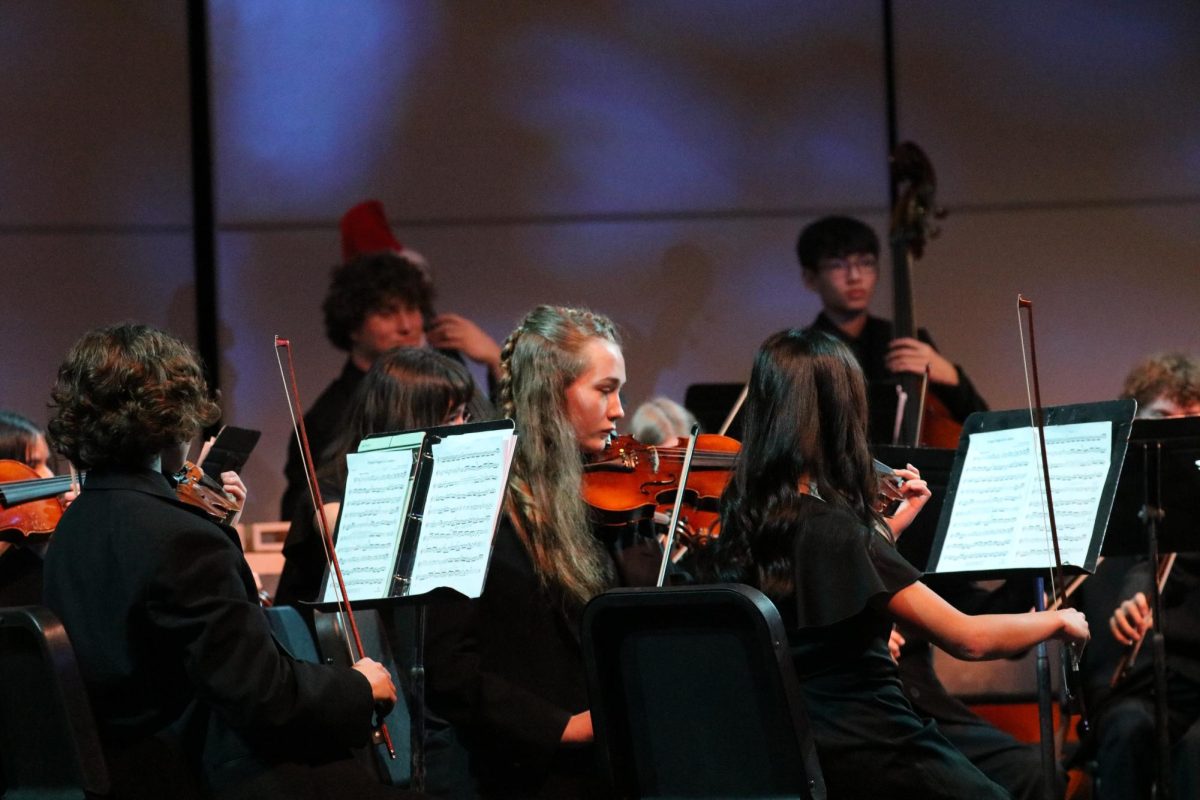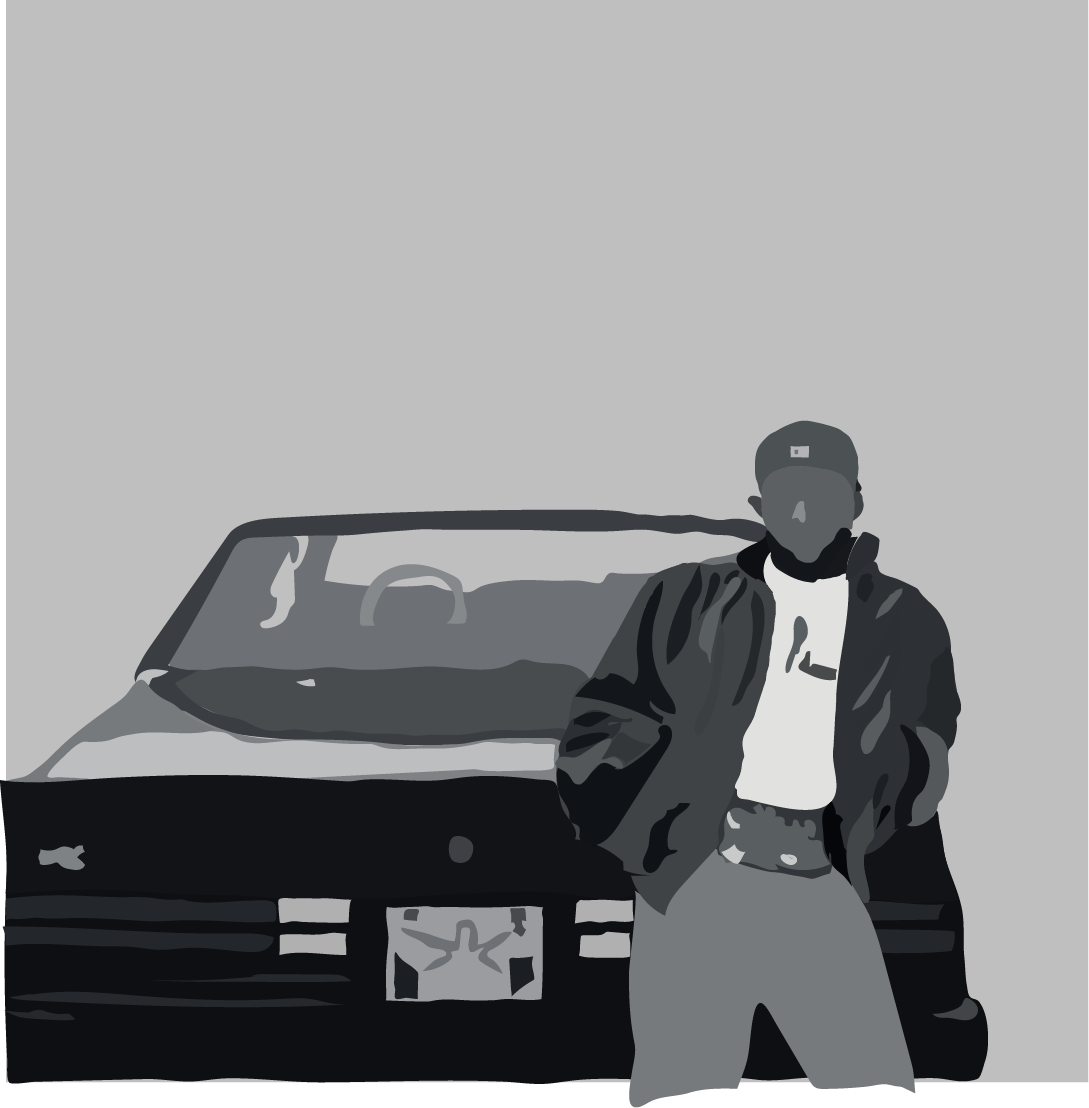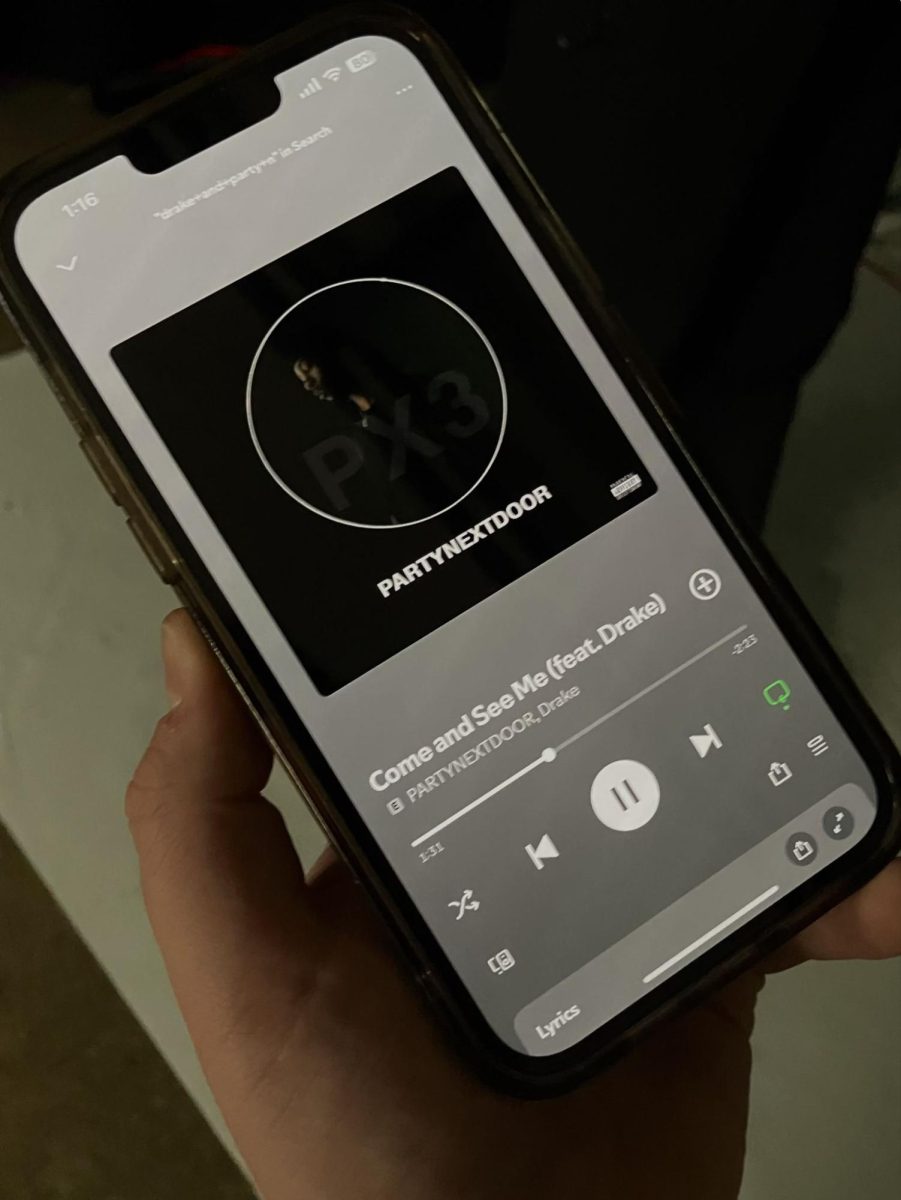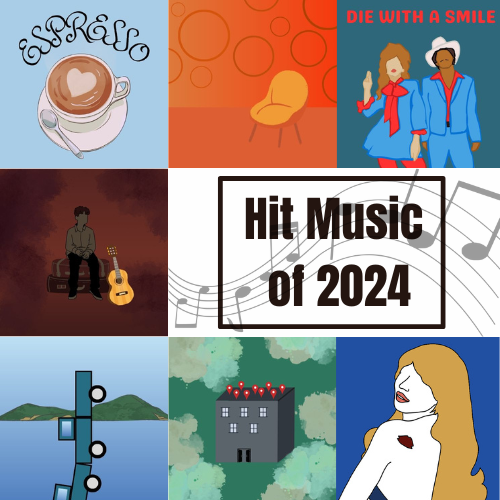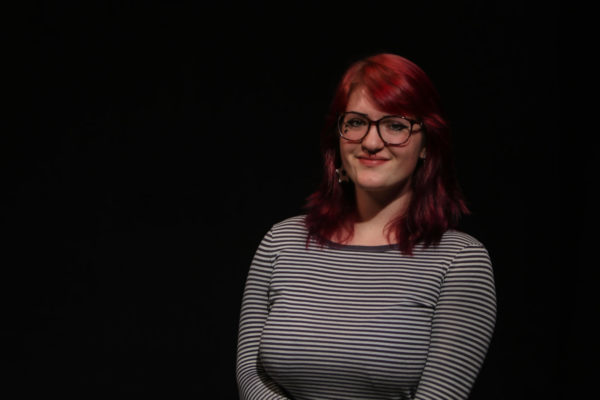
This year, a few new courses were introduced, including Music History. Music History is a semester long class taught by Matt Gottschling, the AP United States History teacher, who begins the course with music from the 1900s.
“I felt like starting in the 1920s when recorded music [became] more of an industry and more of a [common] thing,” Gottschling said. “There is music that was created [before then] but I wanted to deal with more authentic recordings.”
Gottschling’s plan for the class is to go from the 1920s through the 2000s, if time in the semester allows.
“I don’t even know that we’ll be able to get to the 80s and 90s before our time runs out, since it’s just a semester class,” Gottschling said. “If we had a year then we [would] bring it all the way to present-day.”
Currently there is only one Music History class, taking place during first period. One of the students taking the class is Molly McNulty, junior.
“I think it’s really cool how students who are interested in music and have a passion for music are able to study it and get credit for an elective for it,” McNulty said.
As well as learning about different musical eras and connections between different artists, part of the class is learning musical vocabulary. Brogan Poppleton, junior, had knowledge about music before taking the class.
“I know a lot about music and I’m pretty confident about it. I’m talkative in that class because I like music,” Poppleton said. “We did a quiz on musical terms. Like what different kinds of music [there are], or genres. For example, [we learned what] EP means, and other words, like chorus.”
Learning vocabulary is meant to help students have context for the material they see in the class. For example, students are listening to some of the first ever recorded music.
“I think for some of the students it’s really disorienting hearing stuff that’s old and scratchy, weird sounding recordings. But there’s a lot of interest in that stuff,” Gottschling said. “Maybe it’s just the history teacher in me that kind of has this appreciation for dusty old music, but I like all of it really.”
Although this is the first time there is a history class entirely about music, the portions of history it discusses correlate with other historical occurrences.
“I think [music] just explains a whole lot about who we are as a culture,” Gottschling said. “In regular history classes, sometimes we end up focusing too much on politicians and generals and those individuals to tell the story of America, or of world history. From studying the arts, you just get more of a sense of how regular people lived during those times.”
According to Cochrane Library, music has been used for things other than just enjoyment in recent years. Music therapy has been more commonly practiced.
“I like the creative outlet and the artisticness of [music],” Poppleton said. “It’s a really interesting way for me to express myself, and for other people to express themselves too. On top of that, all the theory that goes into it, that kind of stuff is just really fascinating to learn about.”
Taking the class will give a student 0.5 elective credits. However, as the class develops, it is possible it could count as a history credit.
“I consider this year sort of a trial,” Gottschling said. “We are going to see how well we can actually cover a really, really wide ranging and complicated topic.”


![Reaching out. Christopher Lesh, student at Central Catholic High School, serves ice cream during the event on March 2, 2025, at the Portland waterfront. Central Catholic was just one of the schools that sent student volunteers out to cook, prepare, dish, and serve food. Interact club’s co-president Rachel Gerber, junior, plated the food during the event. “I like how direct the contact is,” Gerber said. “You’re there [and] you’re just doing something good. It’s simple, it’s easy, you can feel good about it.”](https://wlhsnow.com/wp-content/uploads/2025/03/interact-1-edited-1200x744.jpg)

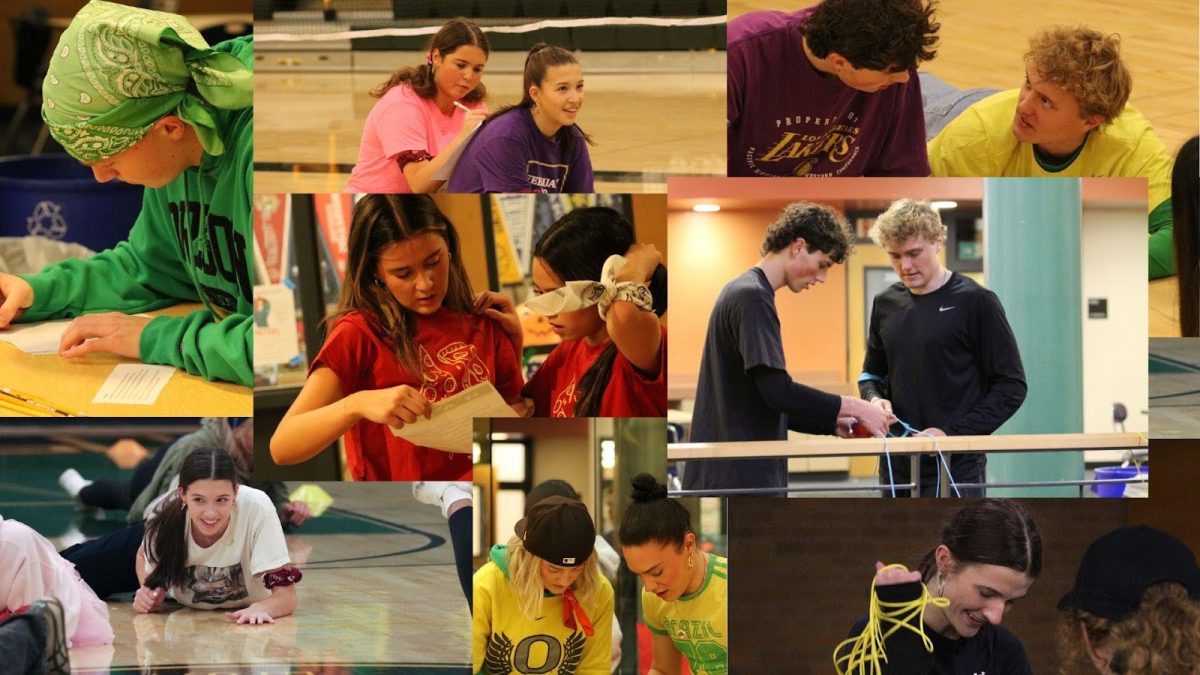
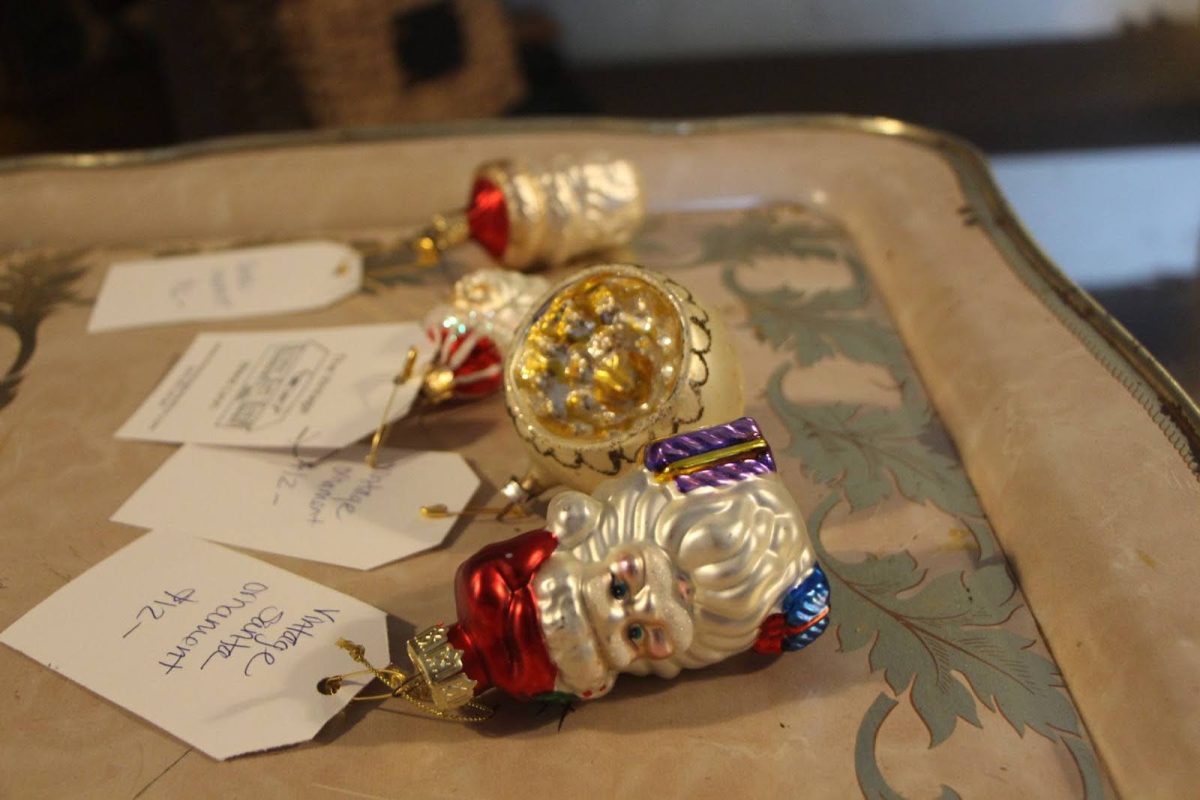
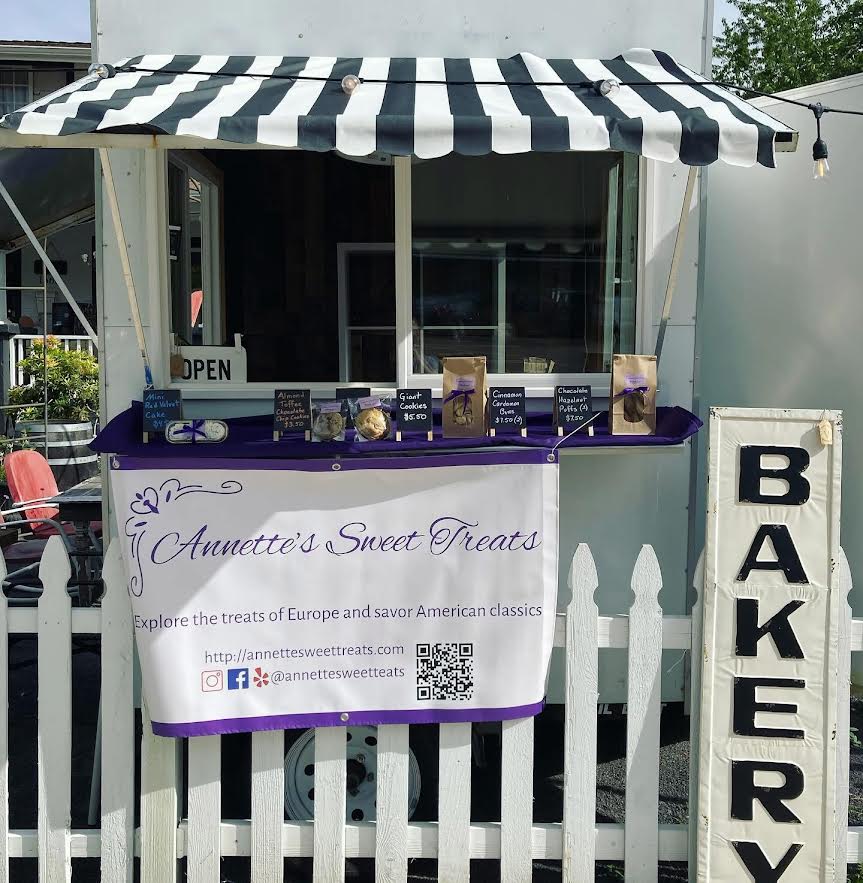
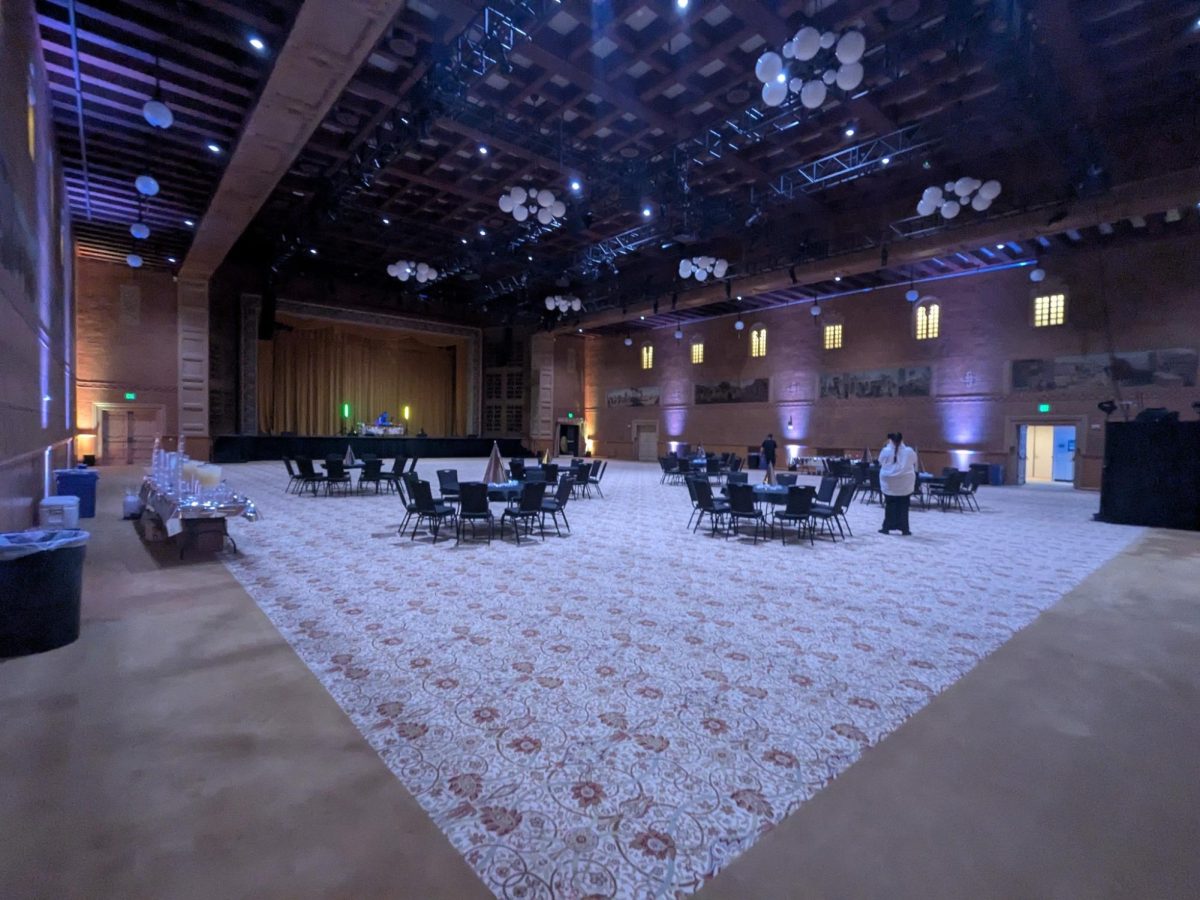


















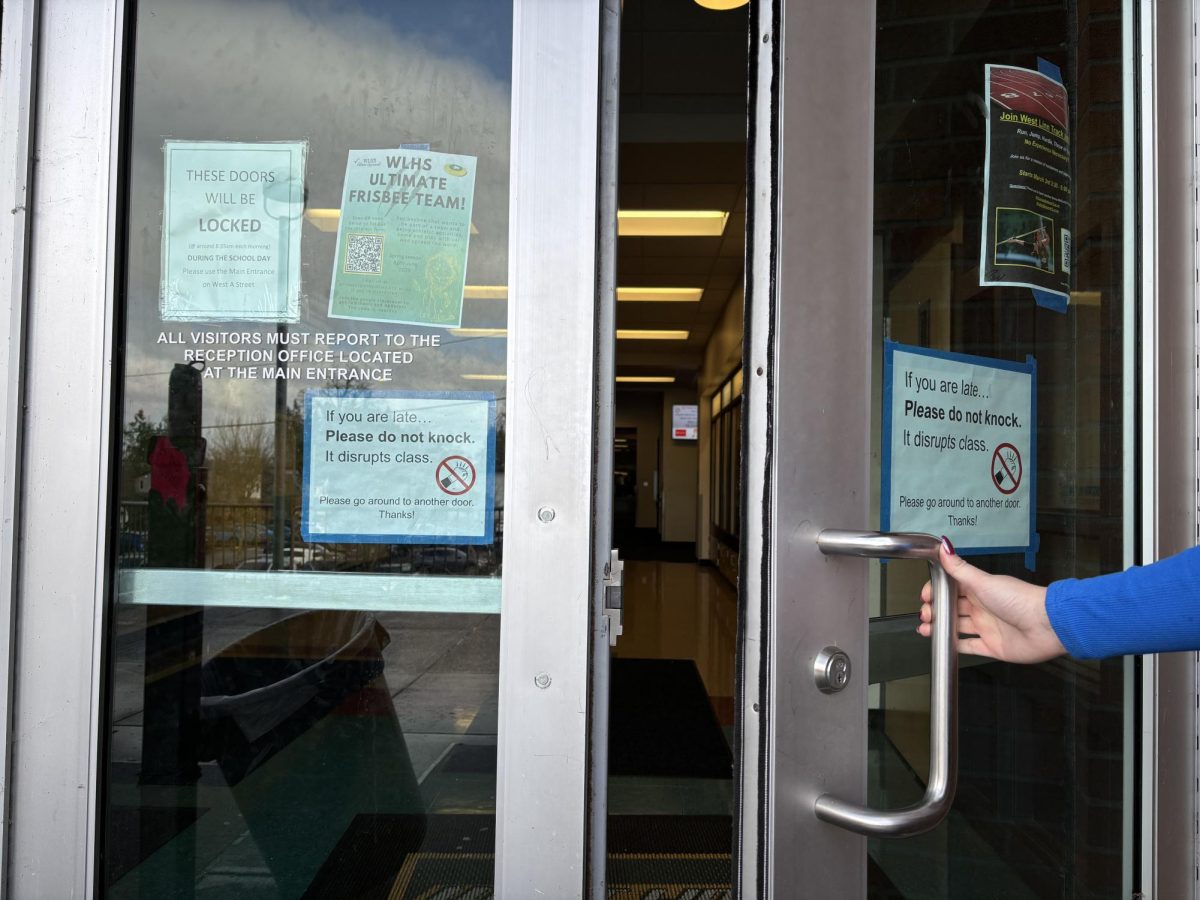
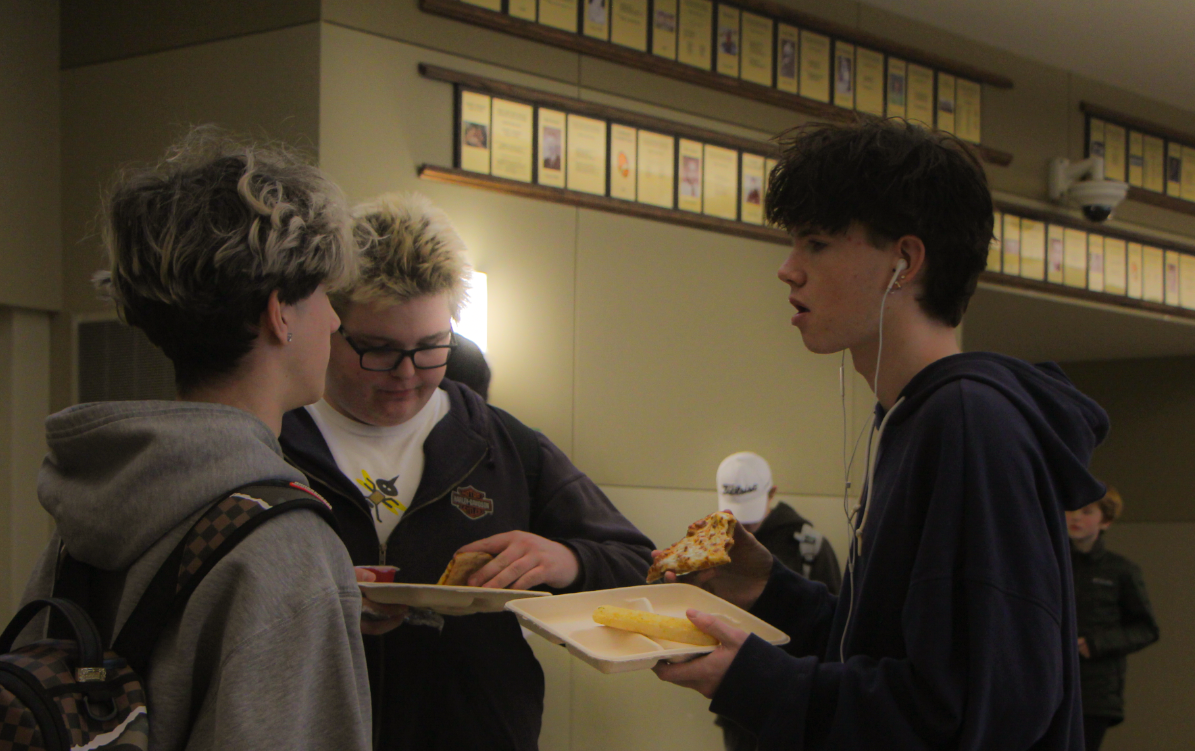












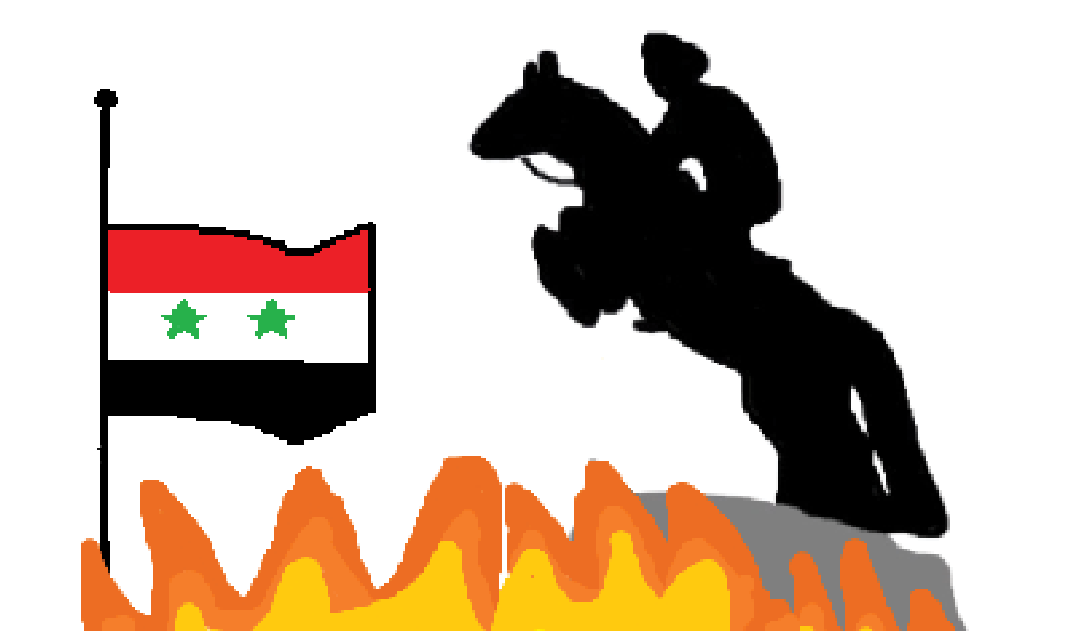





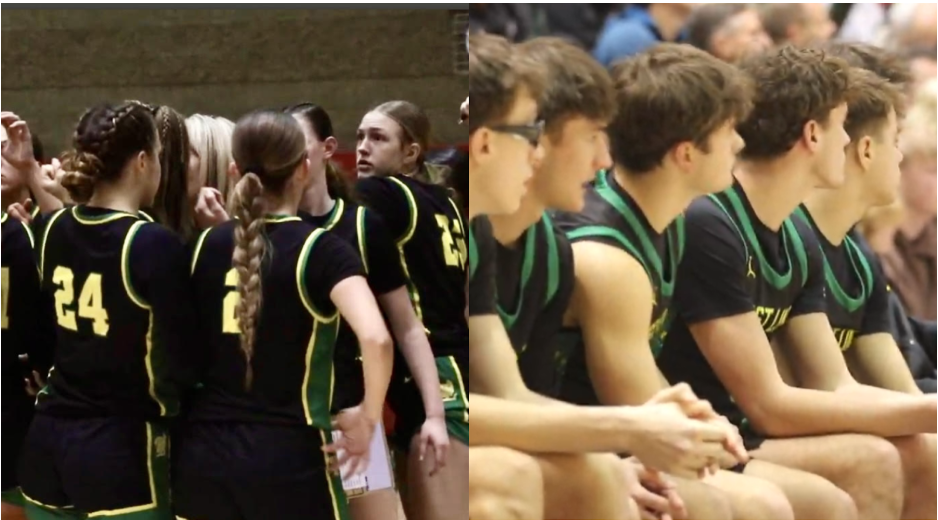
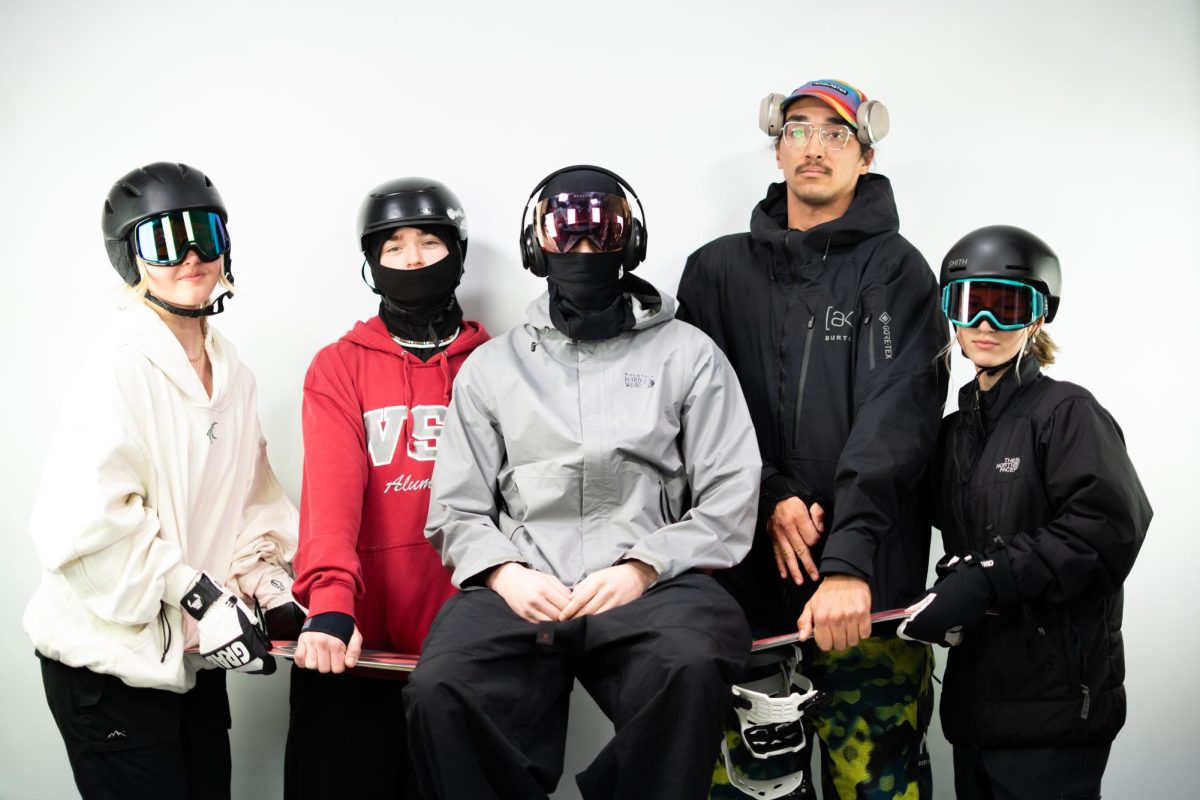
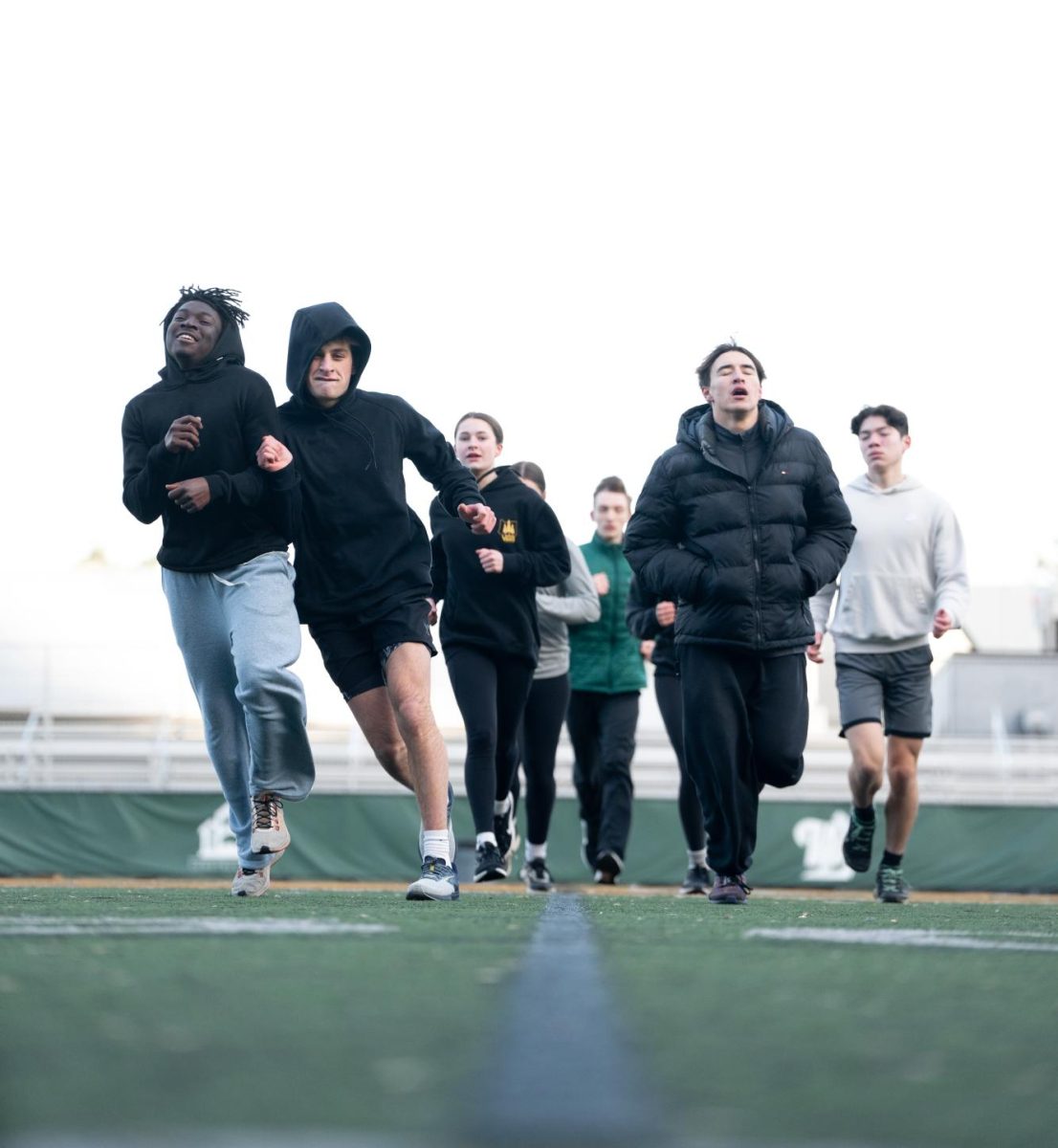
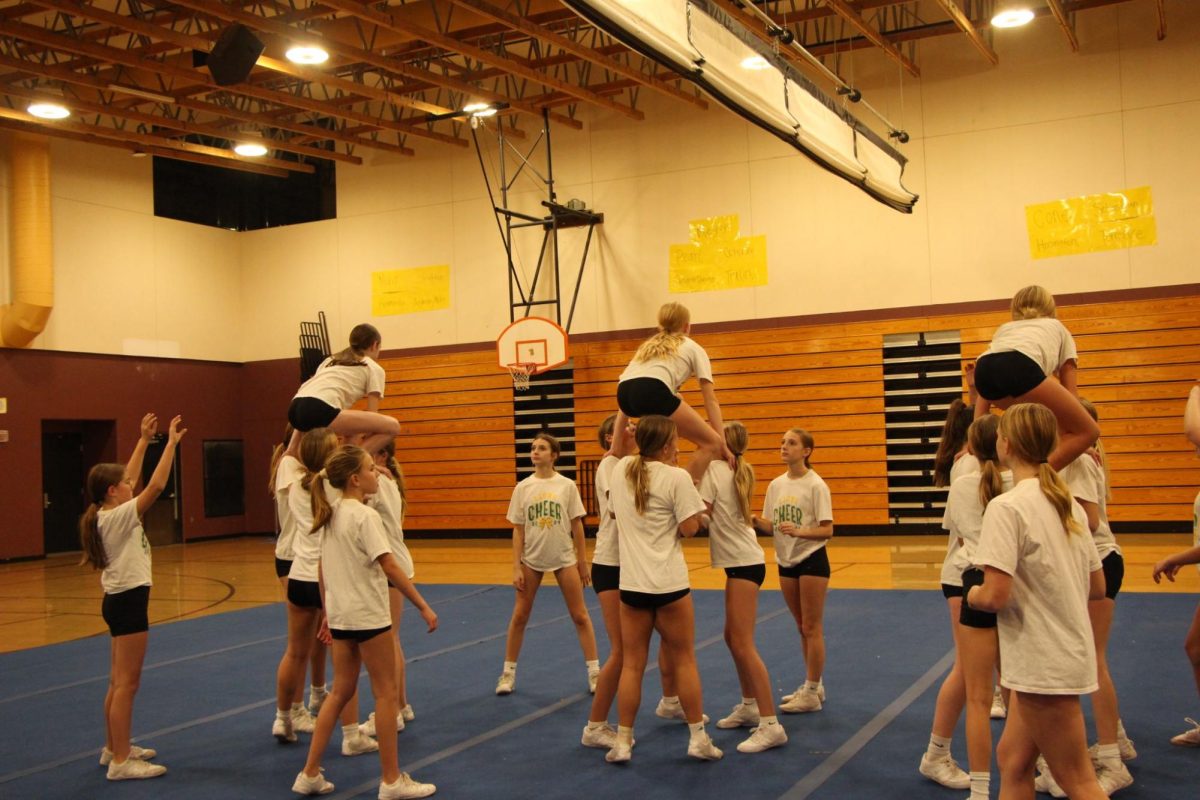
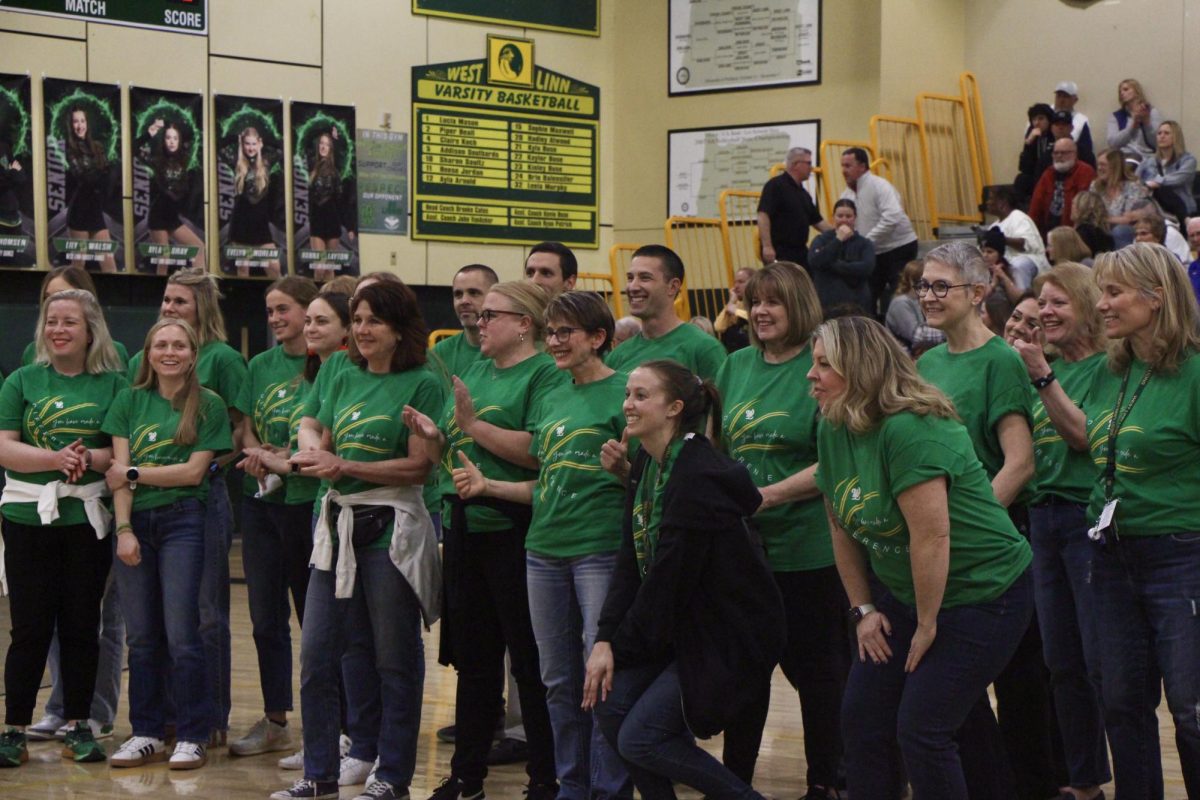






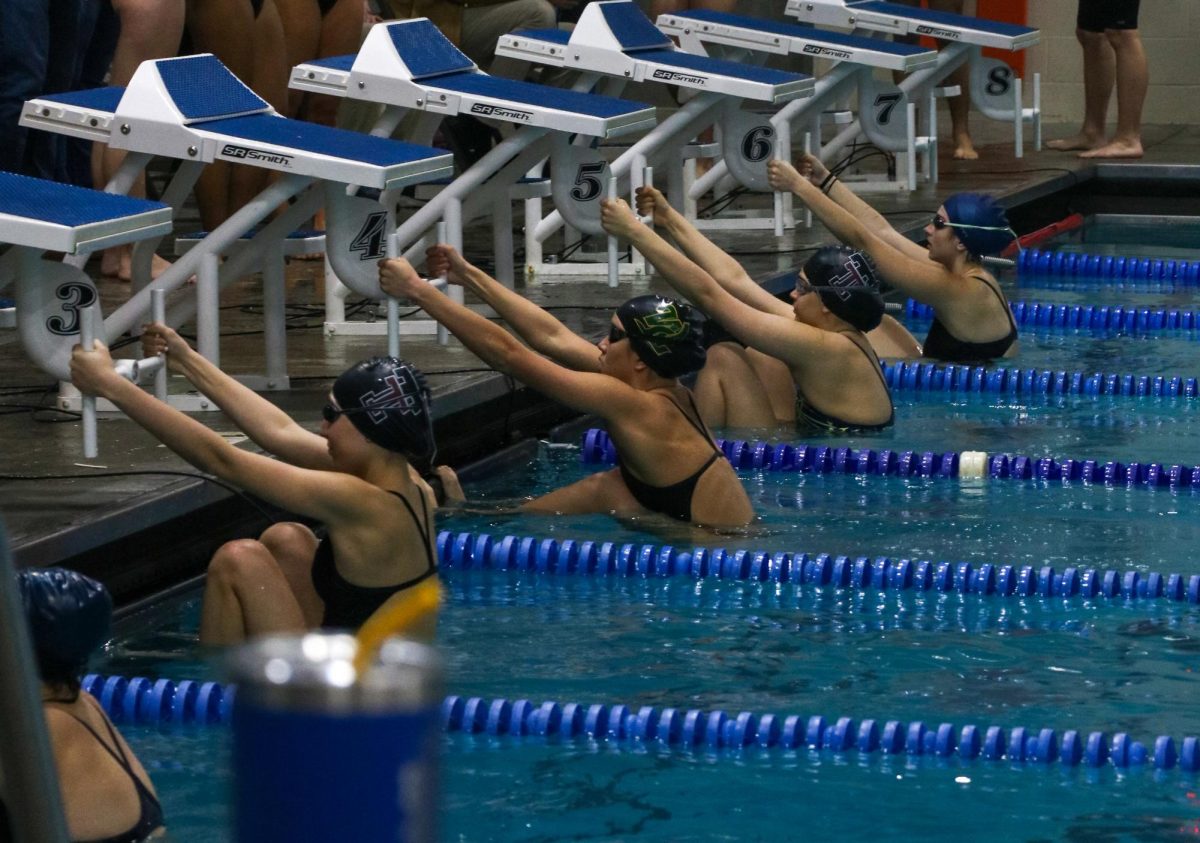
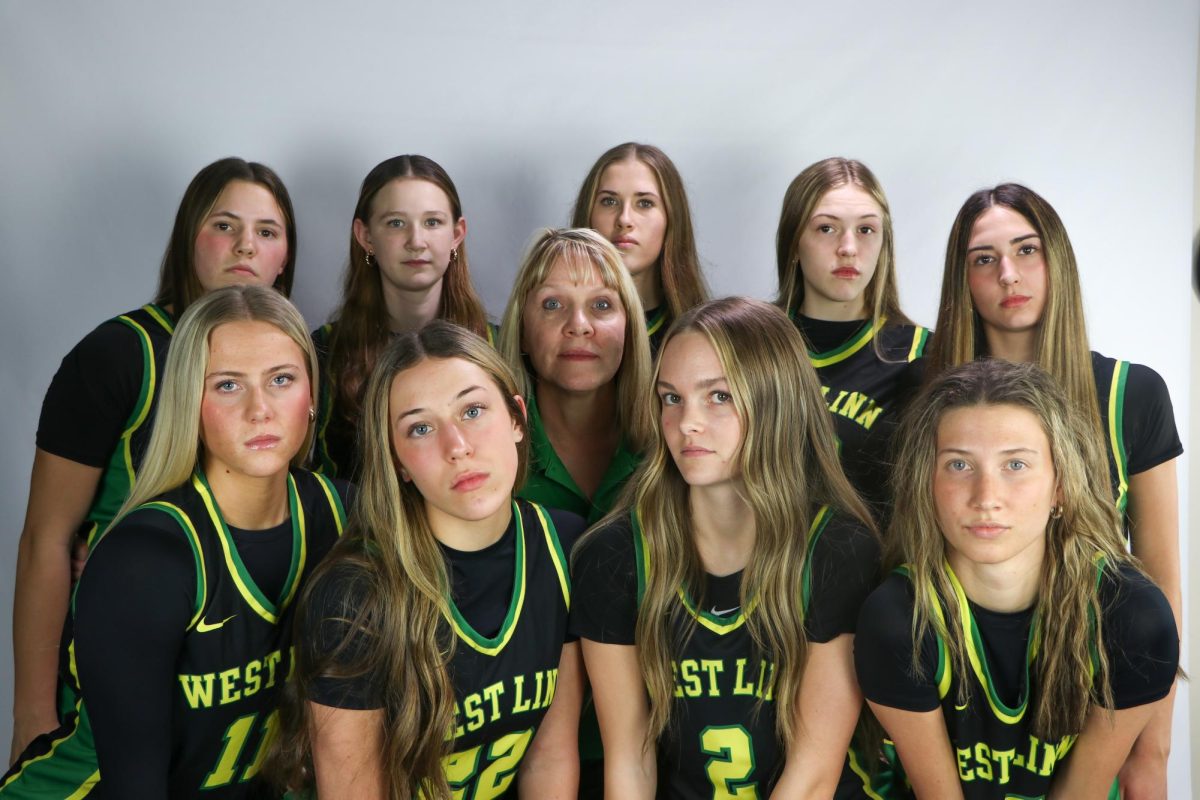
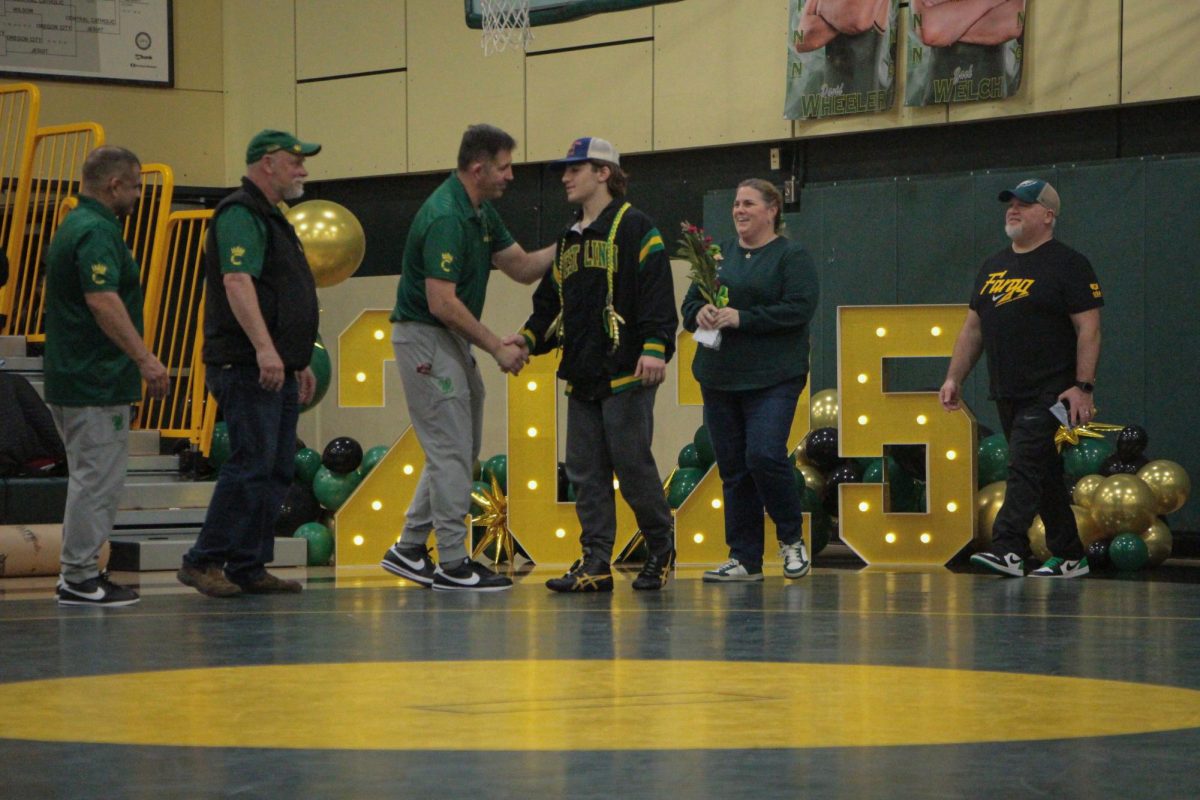
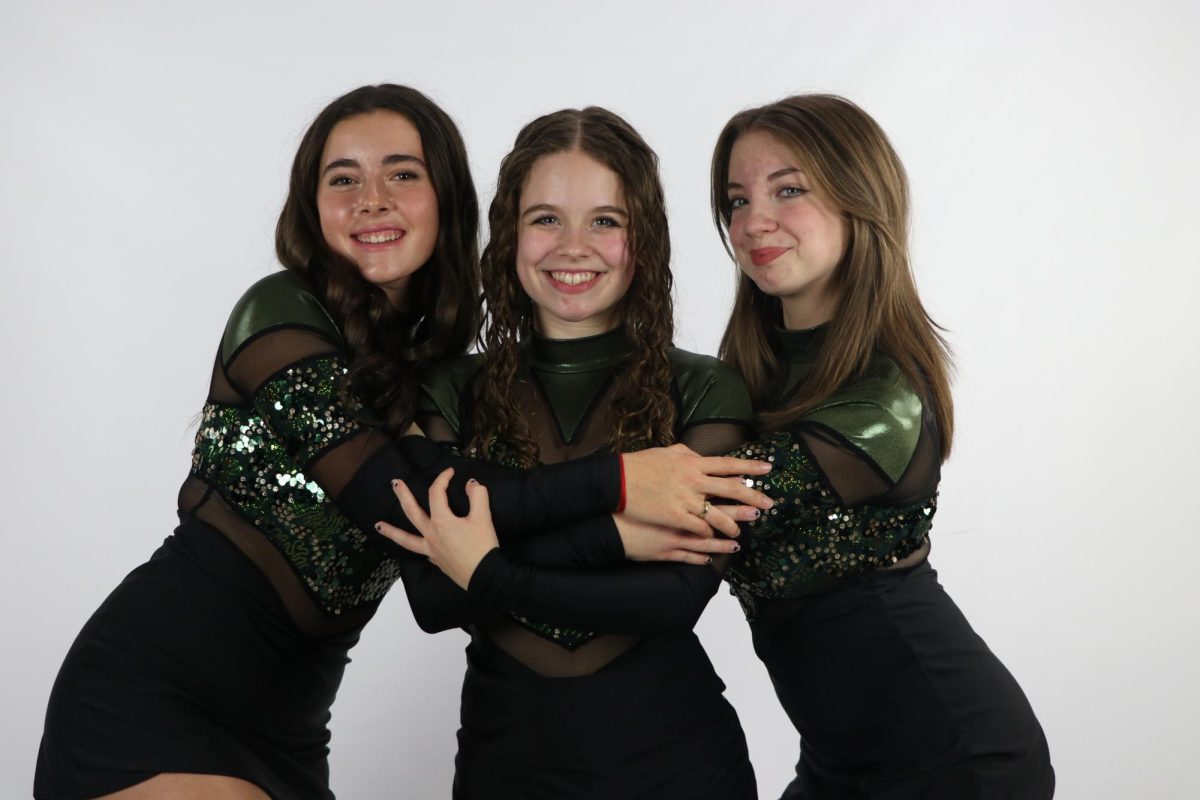



![At the bottom of the third inning, the Lions are still scoreless. Rowe stands at home plate, preparing to bat, while Vandenbrink stands off to the side as the next batter up. Despite having the bases loaded, the team was unable to score any runs. “It’s just the beginning of the season. We’re just going to be playing out best by June, [and] that’s where champions are,” Rowe said.](https://wlhsnow.com/wp-content/uploads/2024/03/IMG_3077-1200x900.jpg)




